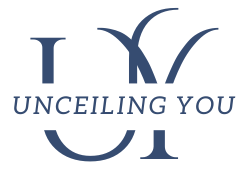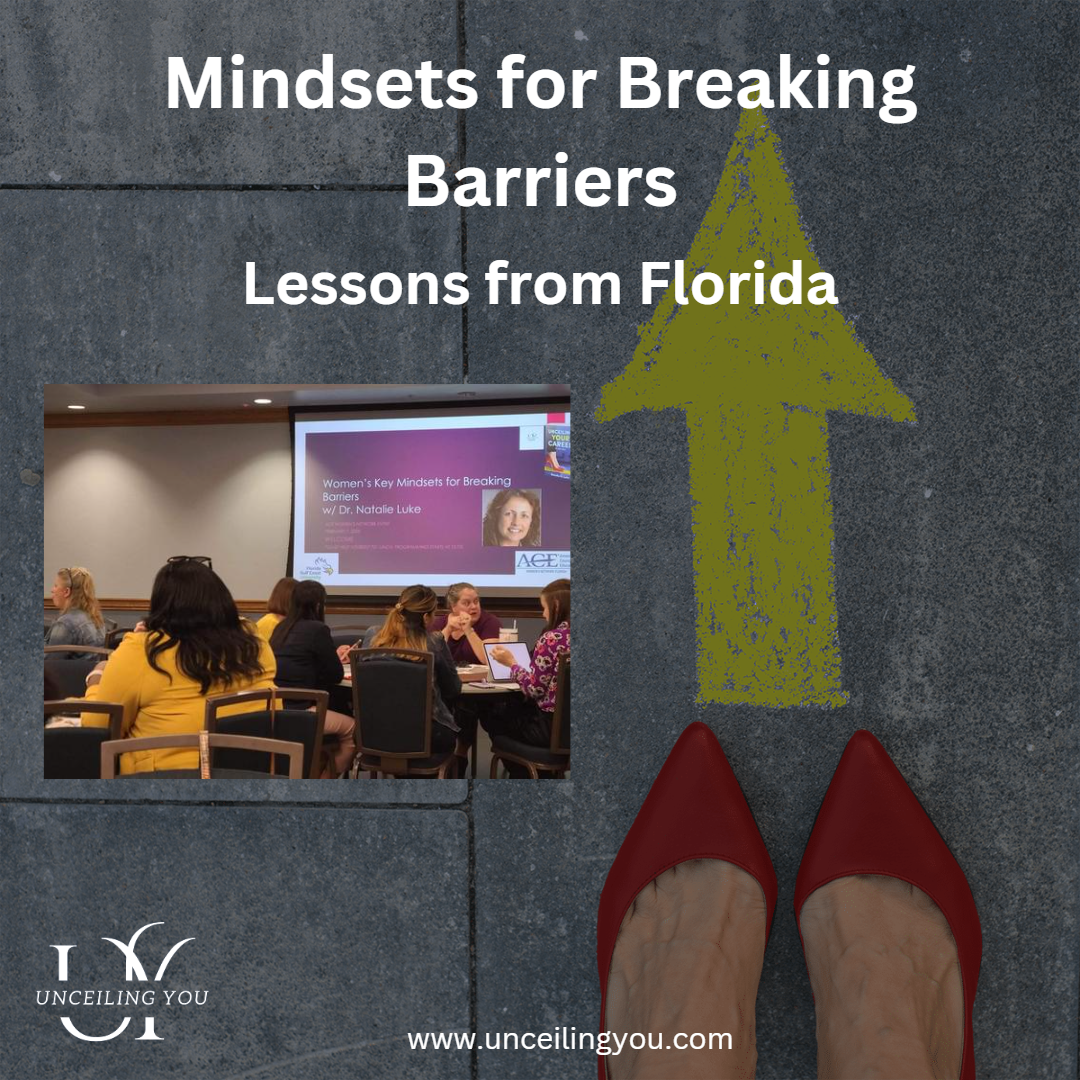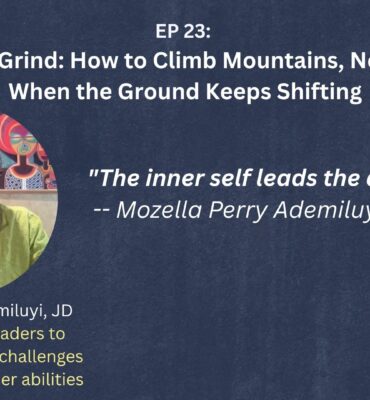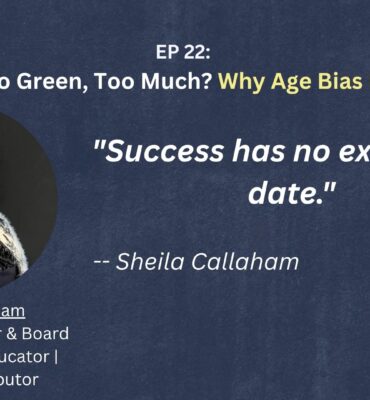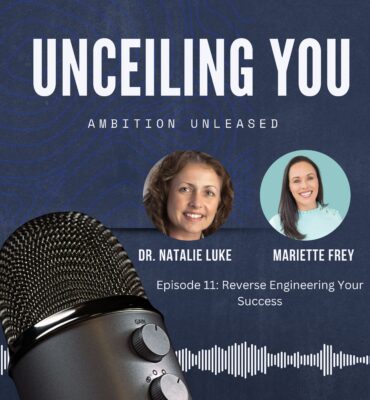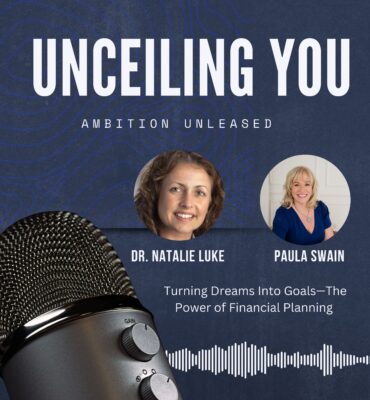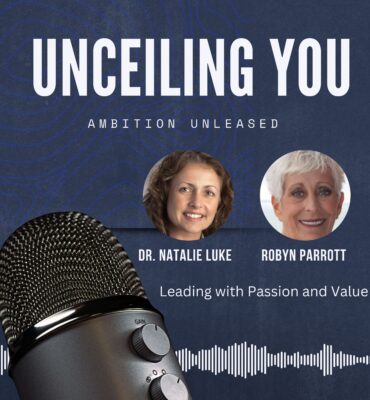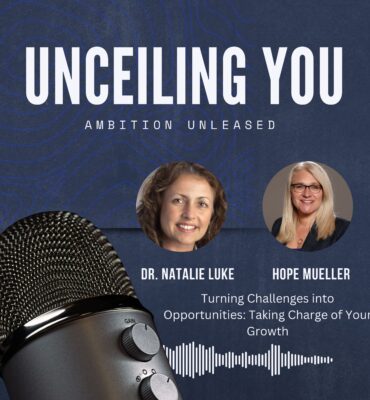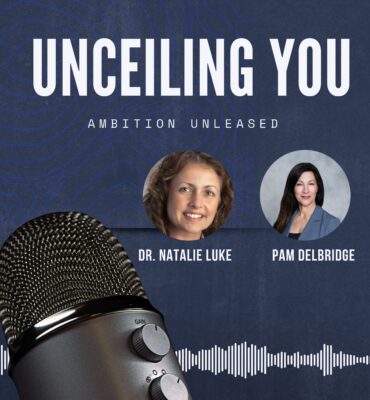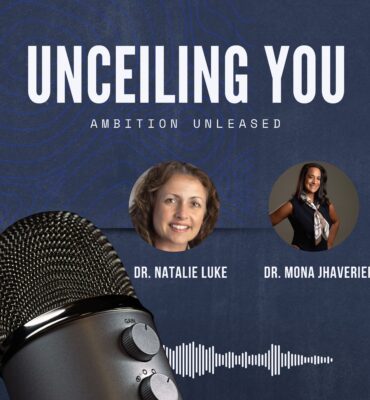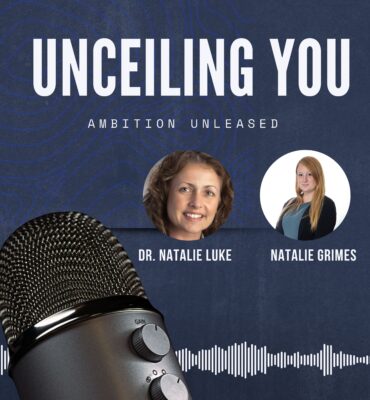On February 6 and 7th of 2023, I was honored to speak to the STEM students and faculty of Florida Golf Coast University (FGCU) thanks to my new friend Dr. Laura Frost, the Associate Dean of the College of Arts and Sciences at FGCU. Undoubtedly, Dr. Frost is notable because she advocates for women faculty members and students in STEM fields.
Academics are biased against women, especially married women.
Dr. Frost’s work is important because only 23 to 25% of competitive faculty grants went to women in 2007. Comparatively, a majority (54%-63%) of NIH or NSF predoctoral awards were given to women in 2007. Research shows that many women drop out of academic pursuits before attaining tenure. In fact, marriage and having children dramatically lower a woman’s chances of achieving tenure in the academic sector, with her chances being 35% lower than men who start a family and 33% lower than single women.1
Why is it so hard for women, especially married women, to succeed academically? It’s complex but boils down to an antiquated structure biased against women.
I’ve heard from several women and their difficult experiences in academics. Before the FGCU talk, I interviewed other women who spoke of their heartbreaking stories during graduate school and throughout the tenure process.
Treat gender bias with diplomacy and people with respect.
My talk’s main focus was to know that those with gender bias are ignorant yet must be treated with respect. While my viewpoint is simplistic, there is a method to my madness.
I believe those guilty of gender bias are either ignorant or self-serving.
Assuming all those who are gender biased are self-serving puts you in danger of causing the innocent of having a bruised ego. Those with a bruised ego resist learning. Instead, the job is to educate the innocent and enter a pissing contest with those who are self-serving.
A pissing contest involves either going for distance or time. Going for distance involves having a full bladder and then pushing out all your vinegar and anger as quickly as possible to make sure you hit your mark, influencing all those around you in your favor. Going for time is more calculating. Going for time involves dribbling your message for a long time, influencing all you can.
I’ve always performed better going for time than distance. Therefore, I advocated for treating ignorance with diplomacy and treating people with respect.
Notice I don’t advocate ignoring gender bias. Giving up on our dreams does just that. I support the diplomatic method of calling out bias as the best method of addressing it. Such behavior requires emotional maturity, confidence, and an inner knowing that we will succeed in achieving our dreams. It requires quiet strength and tremendous faith in ourselves, our future, and those we want to influence.
Treat ignorance as if it’s simply an objection that needs to be overcome.
My viewpoint is counterintuitive and emotionally challenging to execute. How would you treat ignorance respectfully, especially when dealing with gross unfairness?
It’s a path worth pursuing because research shows that others, especially black women, have navigated bias with diplomacy and succeeded.2
My viewpoint also comes from my experience in sales and marketing. I’ve learned you can’t close a sale by “fighting” against customer objections. Instead, I’ve always sought to understand a person’s objections, view objections as a misunderstanding, then strived to educate.
I believe we can use the same process to combat gender bias. We have a product to deliver: our intellect and ability to obtain grants, and those with gender bias are missing out on the outcomes we can provide the University. Those with gender bias who think we can’t deliver when we get married or have children are mistaken. We can deliver, abet, sometimes on a longer timetable.
Be your own champion.
We can expose gender bias diplomatically. Still, as we do so, it is also vital that we clean up our side of the street by ensuring we maintain confidence in ourselves and our abilities by not thinking too small, preparing constructively for success, being our best advocates, and building a network of supporters who will advocate for us when we are not in the room.
How did people respond to the message?
Some attendees felt the message was over-simplistic and that we needed to go deeper. And they were correct; we can go deeper.
Other participants left with a greater sense of self-belief, saying that they were more determined to do the following:
- Know it’s okay to follow their intuition.
- To pursue their dreams despite self-doubt or pushback from others.
- Even though going for a goal is scary and there is self-doubt, still go for it.
- When there is a challenge or setback, keep your head high, stay dignified, and keep going for it.
Still, other attendees also reported that reflecting on their own lives was essential. After hearing the talk, they decided to stop and think about how to change the situation rather than give up and give into their problems.
I loved my time with the incredible women of FGCU, and I hope these women continue to exert self-confidence as they pursue their dreams.
Check out the resource page to explore tools to motivate you to achieve your dreams.
- Goulden, M., Mason, M. A. and Frasch, K., Keeping Women in the Science Pipeline, The ANNALS of the American Academy of Political and Social Science, vol. 638, no. 1, pp. 141–62, 2011. DOI: 10.1177/0002716211416925
- Gause, S. A. F., Black Women’s Resiliency in Community College Leadership, Journal of Education Human Resources, vol. 40, no. 3, pp. 386–409, 2022. DOI: 10.3138/jehr-2021-0012
